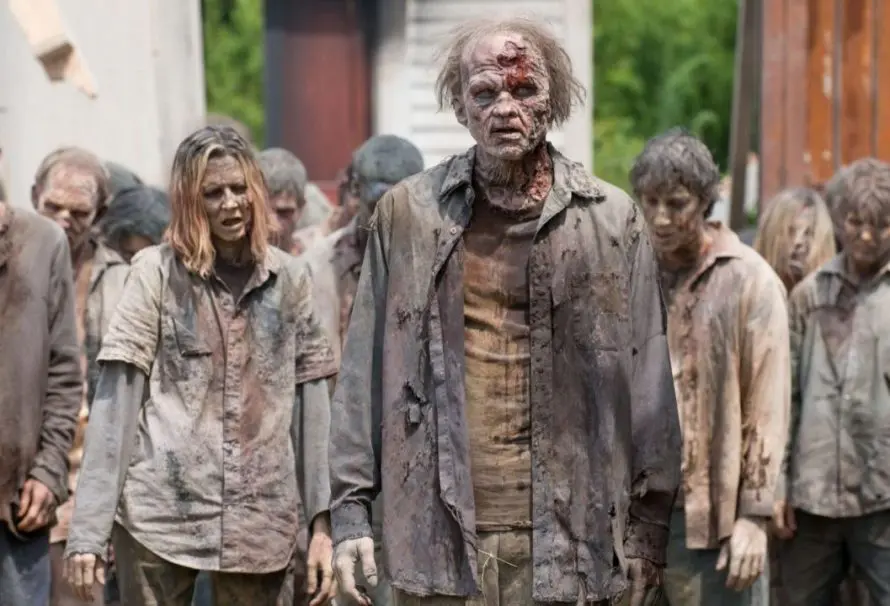The idea of a zombie apocalypse has long been a staple of horror movies and TV shows. But how much truth is there to the concept? Can a real-life outbreak lead to the undead roaming our streets? In this article, we explore what science has to say about the possibility of a zombie apocalypse and break down the facts from fiction.

The Science Behind the Concept
While the notion of reanimated corpses may seem far-fetched, certain real-world phenomena have inspired zombie lore. Researchers have examined various scenarios that, under extreme circumstances, could mimic the behavior we associate with zombies.
Infectious Diseases and Behavioral Changes
- Viral Outbreaks:
Some viruses in nature can alter behavior in infected hosts. For instance, rabies causes aggression and loss of inhibition in animals, and there are documented cases of parasites (like the rabies virus or certain fungi) that manipulate host behavior to enhance their own transmission. - Neurotoxins and Prion Diseases:
Certain toxins and prion diseases can lead to severe neurological deterioration. These conditions might, in theory, result in a loss of higher brain functions, leading to behavior that resembles the “mindless” state often depicted in zombie narratives. - Genetic Mutations:
In an extremely hypothetical scenario, a pathogen could mutate to affect the brain in unforeseen ways. However, such mutations are highly unlikely and would require a perfect storm of biological errors.
Limitations in the Real World
Despite these interesting scientific observations, experts agree that a true zombie apocalypse—as depicted in movies—is virtually impossible:
- Biological Constraints:
Human physiology, particularly our brain structure and immune system, makes the complete reanimation of dead tissue unfeasible. Once brain function ceases, the complex processes needed for coordinated movement and cognition cannot resume. - Environmental and Ecological Factors:
For a zombie outbreak to sustain itself, the pathogen would have to overcome numerous environmental hurdles. Additionally, modern medicine and public health systems are designed to detect and contain outbreaks long before they spiral out of control.
Debunking the Myth: What Scientists Really Think
Scientists and medical experts have weighed in on the idea of a zombie apocalypse, and the consensus is clear:
- Highly Improbable Scenario:
While it’s fun to imagine a world overrun by zombies, the likelihood of a pathogen evolving to create a “zombie” state in humans is extremely low. - Focus on Real Threats:
Instead of worrying about zombies, experts urge us to focus on more plausible health threats—such as pandemics from influenza, coronavirus, or antibiotic-resistant bacteria—that require immediate attention and preparation. - The Role of Fiction:
Zombie stories continue to captivate audiences because they allow us to explore themes of survival, humanity, and societal collapse in a safe, imaginative way. These narratives often serve as metaphors for real-world issues, rather than as literal predictions of the future.